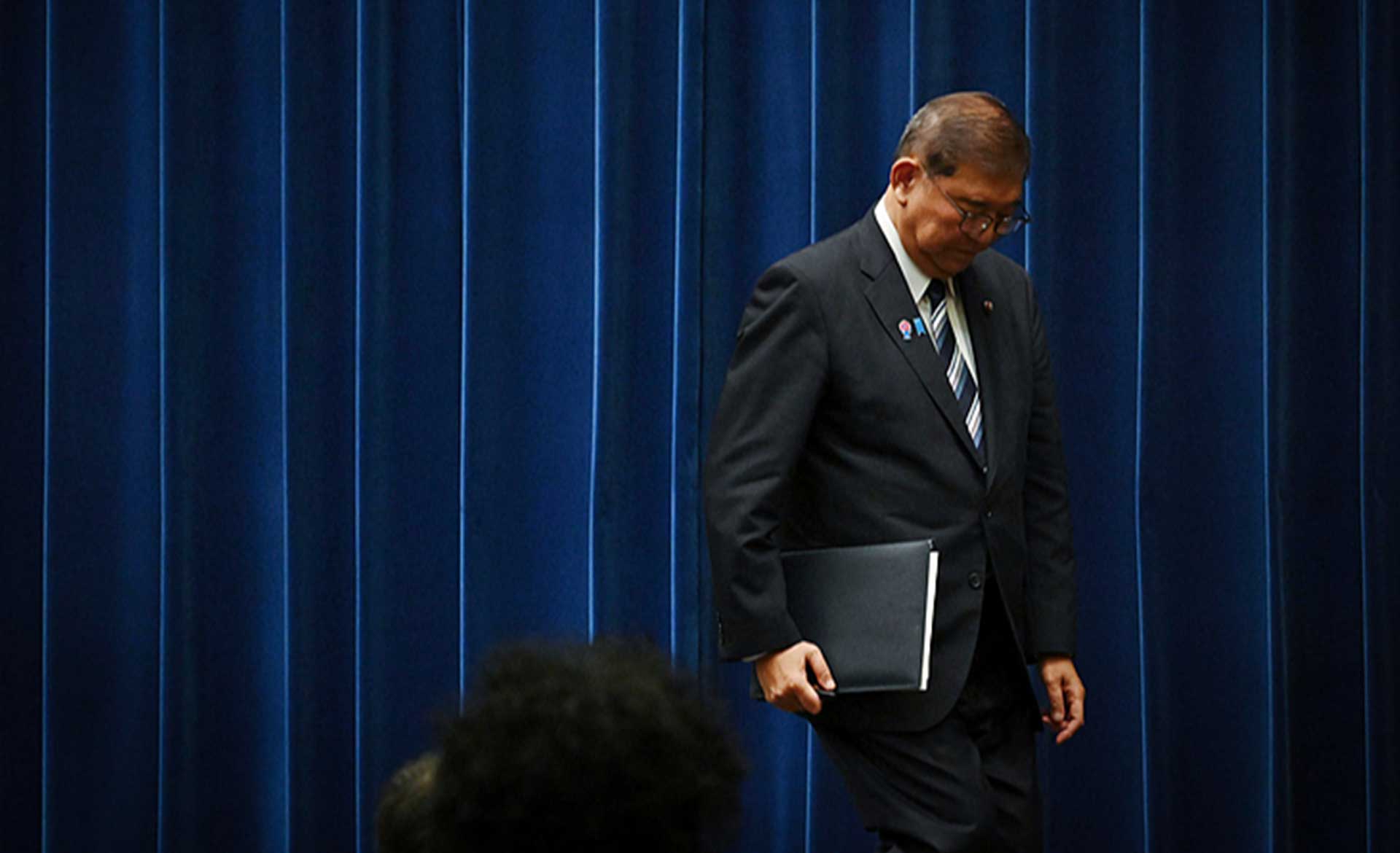
Japanese Prime Minister Shigeru Ishiba announced on Sunday that he will resign, triggering an emergency leadership race within the ruling Liberal Democratic Party (LDP) and raising concerns of policy paralysis for Japan’s economy. Ishiba, 68, will continue in office until his successor is elected.
Since taking office less than a year ago, Ishiba’s coalition has lost majorities in both parliamentary houses amid voter frustration over rising living costs. He had previously resisted calls to resign, focusing instead on finalizing a trade deal with the United States amid tariffs affecting Japan’s automotive industry.
Political uncertainty over his resignation led to a sell-off in the yen and government bonds. Reports suggest Ishiba stepped down to avoid internal party splits and mounting pressure from senior LDP figures, including former Prime Minister Taro Aso.
Ishiba’s exit opens the way for a leadership contest, with his main rival likely to be hardline nationalist Sanae Takaichi, though public support for her is lukewarm. Internal LDP conflicts, rising inflation, and voter dissatisfaction have fueled political turmoil, as the party faces declining support and challenges from fringe groups.
Credit: CGTN